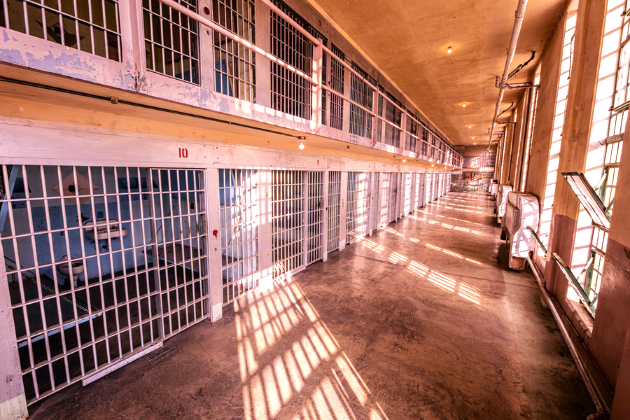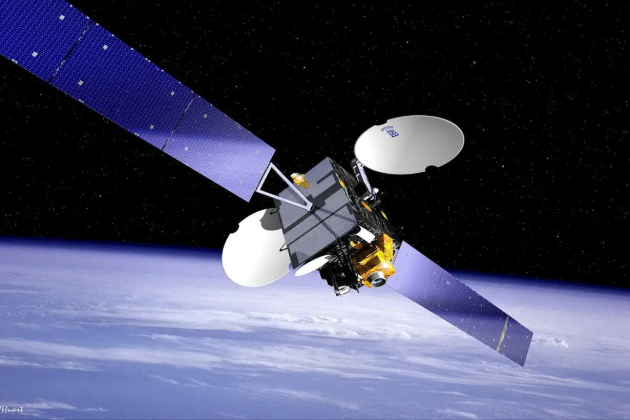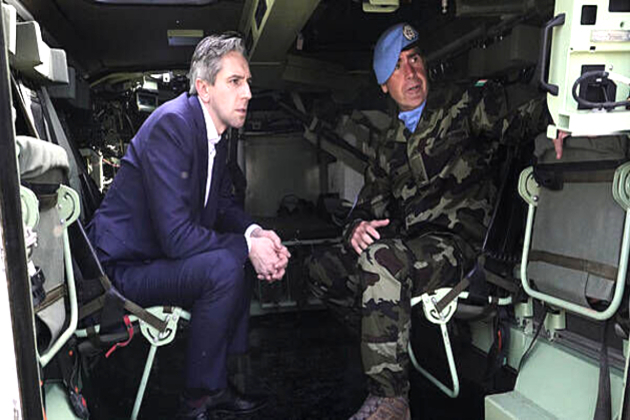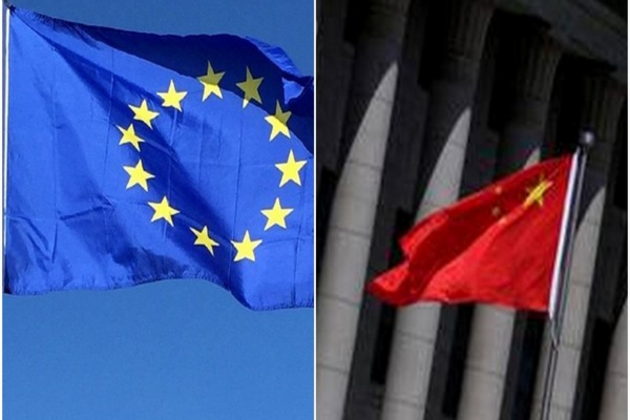Kyrgyzstan says its economy is growing at a healthy clip. Really
Eurasianet
09 Nov 2019, 00:19 GMT+10

Kyrgyzstan's National Statistics Committee recently announced that the country's economy has been growing rapidly this year, by 6.1 percent year-over-year in the first three quarters of 2019. That headline figure would suggest the Kyrgyz economy is firing on all cylinders, perhaps in response to government efforts to improve competition.
Unfortunately, that's not the case.
The figure looks impressive because growth was so poor (1.2 percent) in the same period of 2018. In other words, though the economy is plodding along as usual this year, it seems to be growing much faster - something that is referred to as a "base effect."
As for the slump in the first three quarters of 2018, look no further than Kyrgyzstan's flagship Kumtor gold mine. In 2018 production at Kumtor was back-loaded, meaning that almost 43 percent of the year's gold production happened in the last quarter. Production has been more evenly distributed this year. The latest available Kumtor data show that production jumped about 64 percent in the first half of the year, compared with those slow months in the first half of 2018. It is primarily this spreading out of gold production over the course of the year that has caused an apparent jump in GDP growth. Overall, the IMF forecasts the economy will grow 3.8 percent this year - not bad, but not as amazing as the figures would have you believe - similar to last year (3.5 percent).
This exercise is another reminder of Kyrgyzstan's dependence on one entity to drive economic growth. The Kumtor mine alone contributed just under 9 percent to Kyrgyzstan's overall GDP in 2018 and just under a fifth of total industrial output - figures that have remained stable in recent years.
One of the most important signs an economy is healthy is a set of diversified drivers of economic growth. Kyrgyzstan does not perform well in this metric. Apart from depending on one company to contribute about a tenth of GDP, Kyrgyzstan's exports are not diversified. Gold alone comprised 40 percent of the country's goods exports (in dollar terms) in 2017, according to data from the World Bank.
Why is this a problem? A lack of diversification can leave an economy vulnerable to shocks - a collapse in the price of gold, say, or a strike at Kumtor. As the data from the first nine months of 2018 illustrate, a fall in production in one entity affected the whole economic picture. In terms of the lack of export diversification, if gold prices were suddenly to crash, export earnings would plummet and Kyrgyzstan's current-account deficit (a measure of how much a country borrows from the rest of the world) would balloon, leading to a sharp depreciation of the Kyrgyz som. This would again have further negative effects - making imports more expensive, for example.
Another sign of a lack of diversification was the fallout from the recent Russian slowdown. Kyrgyzstan's dependence on Russia as a source of remittances (which drive household consumption, especially in rural areas) is well-documented. Remittances dipped from $2.2 billion in 2014 to $1.7 billion in 2015 as the Russian economy crashed following the slump in global oil prices in mid-2014.
Kyrgyzstan's growth model leaves it vulnerable to such macroeconomic shocks. This exposure is compounded by high levels of corruption and a history of political upheaval that has made international investors wary of doing business in the country.
 Share
Share
 Tweet
Tweet
 Share
Share
 Flip
Flip
 Email
Email
Watch latest videos
Subscribe and Follow
Get a daily dose of Irish Sun news through our daily email, its complimentary and keeps you fully up to date with world and business news as well.
News RELEASES
Publish news of your business, community or sports group, personnel appointments, major event and more by submitting a news release to Irish Sun.
More InformationInternational
SectionUniversity of Michigan shuts DEI office amid federal pressure
WASHINGTON, D.C.: The University of Michigan, known for its diversity, equity, and inclusion (DEI) programs, announced this week that...
Judge criticizes Texas prisons for lack of ACs, even as lawsuits mount
AUSTIN, Texas: A federal judge criticized Texas for keeping prisoners in hot prisons without air conditioning but did not order an...
Trump orders spy satellites to monitor US-Mexico Border
WASHINGTON, D.C.: The Trump administration has ordered two intelligence agencies to use their spy satellites to monitor the U.S.-Mexico...
FDA, CDC, NIH face significant staff reductions, CMS less affected
WASHINGTON, D.C.: U.S. Secretary of Health and Human Services Robert F. Kennedy Jr. announced a significant restructuring of federal...
South Korea’s worst wildfires kill 28, destroy historic temples
ANDONG, South Korea: Wildfires in South Korea have doubled in size in just one day, making them the country's worst fire disaster....
Boeing to face trial this summer in 737 MAX fraud case
WASHINGTON, D.C.: Boeing is now heading to trial this summer, after a U.S. judge unexpectedly set a date in the criminal fraud case...
Europe
SectionIreland’s auto market surges in March with 18.5% jump in new car sales
DUBLIN, Ireland: Ireland's auto industry shifted into higher gear in March, with a sharp jump of 18.5 percent in new car registrations...
Apple faces record tax bill in Ireland despite profit surge
DUBLIN, Ireland: Apple's Irish headquarters shouldered a massive 23.2 billion euro corporation tax charge last year, largely due to...
Finance Ireland gets 700 million euros to boost auto, commercial loans
DUBLIN, Ireland: Finance Ireland has secured more than 700 million euros in funding to ramp up lending for cars and commercial property,...
Apple likely to escape EU fine after browser changes
BRUSSELS, Belgium: Apple appears to have dodged a major regulatory setback in Europe, following recent changes to how users select...
Ireland doubles community funding for Lebanon, Harris announces
DUBLIN, Ireland: Ireland will double its community funding for local projects in Lebanon, Tanaiste Simon Harris announced this week...
US, EU reaffirm opposition to China's military escalation in Taiwan strait
Taipei [Taiwan] April 3 (ANI): The US and the EU have restated their disapproval of any unilateral alterations to the 'status quo'...













